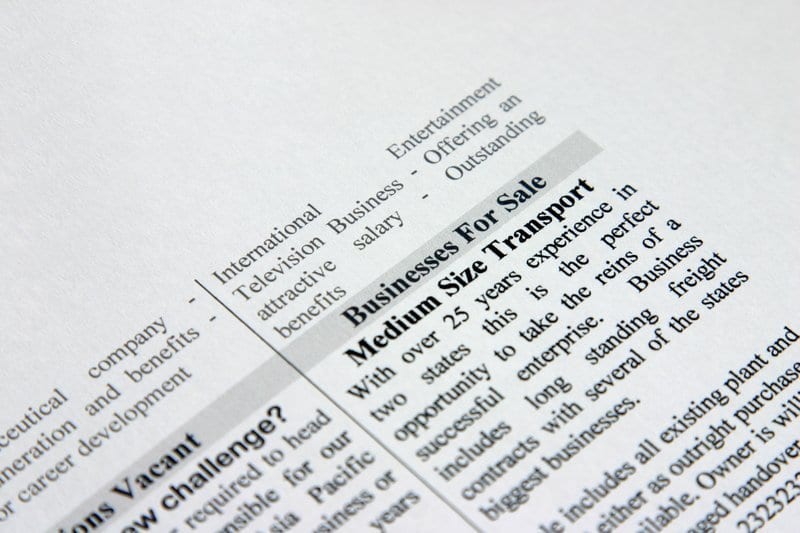
I represent sellers and buyers in the sale and purchase of businesses, which may be their first and only transaction involving intangible assets such as a “business.” One question I frequently get is do I need to use an escrow, or is it advisable?
Only some escrow companies are qualified to assist with the sale of a business. The cost of the escrow varies, but is generally based upon the purchase price.
Third party escrow companies are used in some instances, but not all. Sometimes, the attorneys handling the matter act as the escrow, confirming that funds are not transferred until all conditions to the sale have been completed. Escrows are generally opened for:
- Bank-financed transactions, such as SBA financing
- Transactions involving real estate as an asset of the business
- When a Business Broker is involved
- Transactions that don’t involve attorneys
- Transactions that include a monetary set-aside for claims arising after closing
When one partner is buying out the other using bank financing, an escrow may need to be opened which can be an added expense that the client wasn’t anticipating.
Escrow companies can do some of the due diligence that normally would be performed by the attorney, such as:
- Obtaining tax clearances
- Obtaining good standing certificates
- Reviewing fictitious business name statements
- Preparing final closing statements
- Making tax withholdings
- Completing lien searches
Escrow companies can usually do some of this work for less than an attorney would charge. However, there are some aspects of a sale that an escrow company cannot and will not advise on, such as:
- Propriety of purchase price allocations
- Review and negotiation of indemnification and post-closing liability
- Advising on handling of immigration concerns, tax concerns, employee concerns, etc.
- Reviewing leases, loan agreements and other contracts for concerns relating to the transaction
- Negotiating purchase and sale agreements
Escrow companies can also provide form sales agreements for buyer and seller to use. I generally do not recommend that clients use these forms as there are too many specific issues relating to each business to allow a form to be appropriate. It will fail to address many issues, and it will need to be substantially altered to address the many issues. I also find that escrow companies have a hard time documenting the transaction when it is a stock sale vs. an asset sale, or when the sales agreement differs from their ordinary course.
So, the response to most of my clients when asked about utilizing an escrow is: “It depends!â€
By: Brooke Pollard, Esq., Partner, TLD Law, Irvine, CA
Brooke has been named a “Rising Star” by Super Lawyers. She handles all aspects of stock and asset purchases, including letters of intent, due diligence, purchase agreement preparation and review, closings and earn-out strategies. She has a particular emphasis on counseling and implementing business transition and succession strategies between family members.
Disclaimer: This is not legal advice, but a newsletter containing information about a proposed law. You should consult with a professional about any property tax issues you may have. This newsletter does not contain statements of results in a particular case and is not a guaranty, warranty, or prediction regarding a case result or a monetary recovery.







